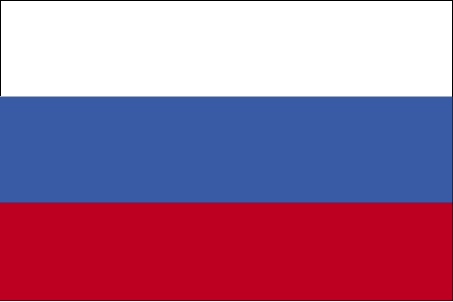United States Poland Sweden Israel Denmark Canada Germany Australia China France United Kingdom Ireland Singapore Brazil Russia Netherlands Belgium Finland Spain South Korea Austria Switzerland Norway Italy Japan Czech Republic Portugal India Hong Kong Ukraine Mexico Turkey Romania Hungary South Africa Croatia Greece Indonesia Malaysia Philippines Lithuania Argentina Thailand Colombia Vietnam United Arab Emirates Chile Bulgaria Pakistan Serbia Slovakia Peru Bangladesh Egypt Kazakhstan New Zealand Georgia Morocco Venezuela Belarus Taiwan Iran Angola Costa Rica Ecuador Latvia Palestinian Territory Iceland Tunisia Iraq Luxembourg Estonia Saudi Arabia Slovenia Moldova Malta Seychelles North Macedonia Algeria Dominican Republic Lebanon Azerbaijan Bosnia and Herzegovina Albania Sri Lanka Kenya Cyprus Jordan Panama Uruguay Puerto Rico Reunion Nigeria Cambodia Trinidad and Tobago Antigua and Barbuda Montenegro Mauritius Barbados Cote D'Ivoire Kuwait Qatar Nepal Guatemala Ethiopia Laos Cabo Verde Honduras Myanmar Mozambique Syria Uzbekistan Jamaica Paraguay British Virgin Islands Armenia Ghana Martinique Jersey El Salvador Monaco Bolivia Nicaragua Oman Maldives Belize Bahrain Guernsey Tanzania Mongolia Aruba Madagascar Haiti Guyana Kyrgyzstan Gabon Libya Rwanda Curacao Macao Suriname Andorra French Polynesia Turks and Caicos Islands Greenland Saint Vincent and the Grenadines Cayman Islands Zambia Malawi Senegal Faroe Islands Cuba Saint Lucia Caribbean Netherlands Aland Islands San Marino Brunei Darussalam Guam Gibraltar Zimbabwe Vatican City Djibouti Micronesia New Caledonia Uganda Isle of Man Saint Barthelemy Anguilla Sint Maarten Mauritania Bahamas Guinea-Bissau Equatorial Guinea Bermuda Russia Flag Meaning & Details 1,317 VISITORS FROM HERE! Russia Flag Flag Information three equal horizontal bands of white (top), blue, and red note: the colors may have been based on those of the Dutch flag despite many popular interpretations, there is no official meaning assigned to the colors of the Russian flag this flag inspired several other Slav countries to adopt horizontal tricolors of the same colors but in different arrangements, and so red, blue, and white became the Pan-Slav colors
Learn more about Russia » CIA - The World Factbook
 Previous Country | Next Country
Previous Country | Next Country  » Back to Flag Counter Overview
» Back to Flag Counter Overview
 Previous Country | Next Country
Previous Country | Next Country  » Back to Flag Counter Overview
» Back to Flag Counter Overview